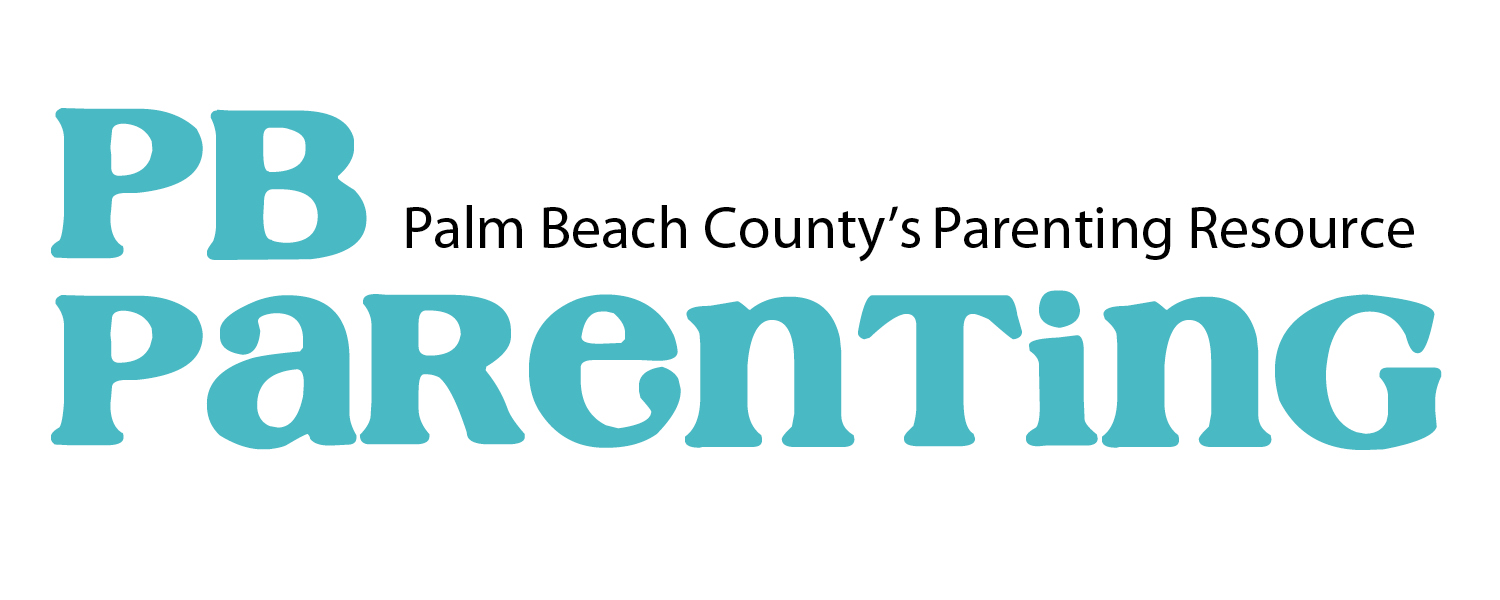Getting Children to Cooperate with Screen Time Limits
Dr. Tracie Quill, Doctor of Psychology and Parent Educator

Do you feel as though your children’s screen time has increased significantly? You are not alone. 85% of parents are concerned with the amount of time their child uses screens.
So what does this mean? Is it helpful in a technology driven world, or is it unhealthy? The key lies in balance, as you probably guessed. Children can learn necessary skills when using screens and too much can be harmful emotionally, physically, and mentally. Educational research shows us that there is no substitute for full sensory learning (touch, feel, taste) and for learning to be most effective it needs to happen in reality, not virtually.
Too much screen time prevents us from becoming socially and emotionally intelligent, and since our greatest need as humans is to connect with each other this can lead to anxiety and depression, which is very common today. Research states there is also a high correlation between ADD/ADHD and screen time, as screens lessen our attention span, not to mention creativity.
I encourage you to try these tools to manage your family’s screen time:
- First, know that zero screen time is recommended for children under 3, except for video calls. There is conflicting information out there, but the guidelines in this article are based on quality research. It interferes with brain development even when watching something educational. One hour max is recommended for preschoolers and 2 hours max for ages 6-18.
- Have a family meeting to come up with a plan for reducing screen time. First, you can ask children why they think too much might not be good. After that explain why you think too much isn’t good. Couple that with, “I care about your health which is why I’d like us to agree on some limits.” Children are more likely to cooperate when they understand the importance and value in something and the message of love comes through your requests.
- Part of the solutions can include things to do in place of screen time. It is easier to give something up if you have plans for what else to do.
- Start with one time of day to be free of screens (e.g. dinner). Phones can be placed in a communal basket at certain times of day if you choose. Then, periodically consider adding other times of day. Some families enjoy having Sunday’s as a tech free day.
- Nurture your bond with your child with undivided attention (no phones), as children need to be played with by their parents. Children will cooperate with your limits around screen time (and other things) when they feel heard, connected to you, and understood. Spending one on one time daily (doing something fun) even for 20 minutes is one of the most important things you can do for your child’s future emotional and mental health. It’s healthy to switch one on one time between parents with each child, so that each child gets one on one time with each parent.
- Lastly, sticking to the limits can be challenging. You can expect unpleasant feelings (normal). If you validate your child’s feelings during these moments with empathy while sticking to the limit you will invite cooperation. Empathy isn’t just your words it’s your loving energy.
- If they try to go above the limits you might say, “I understand you like being on your phone and it can be hard to make these changes (feeling validation). I care about you and too much screen time isn’t good for us. Do you remember our agreement around screen time? We agreed to not have our phones at the dinner table because it doesn’t feel respectful to people. Where can you put your phone away? Thank you.”
Again, when children feel respected and the message of love comes through while sticking to your limits they are more likely to cooperate and respect you (for sticking to your limits). Because as I’m sure you’ve experienced, it’s human nature to want to be respectful to people that are treating us with respect.
Dr. Tracie Quill is a Parenting Consultant & Children’s Etiquette Teacher in Palm Beach County. Tracie Quill, PsyD. coaches parents on how to raise emotionally and physically healthy children. She teaches parenting classes and privately consults with parents on their child’s development and helps parents guide their children’s behavior in a healthy way. Learn more at raisingwonderfulchildren.com.


